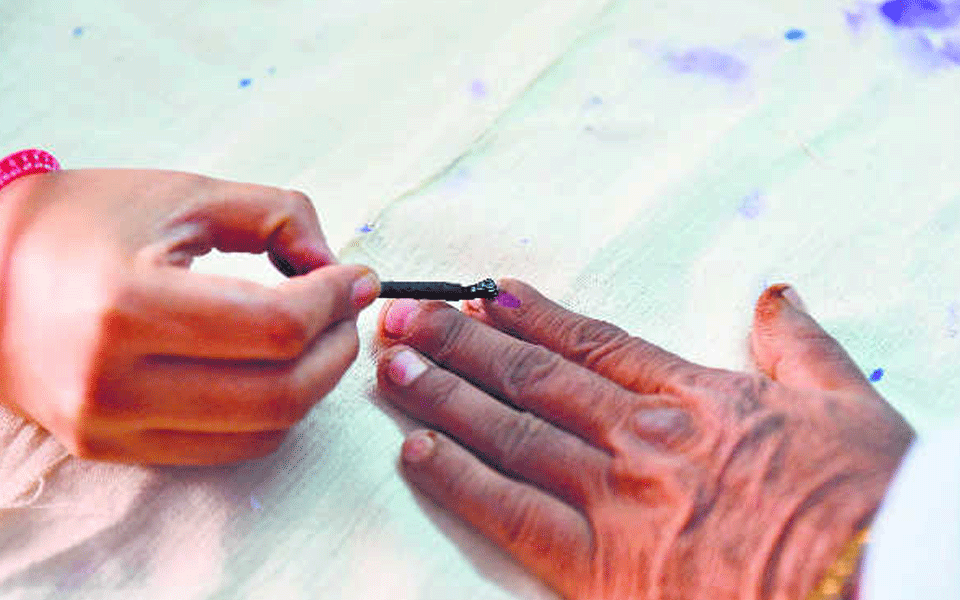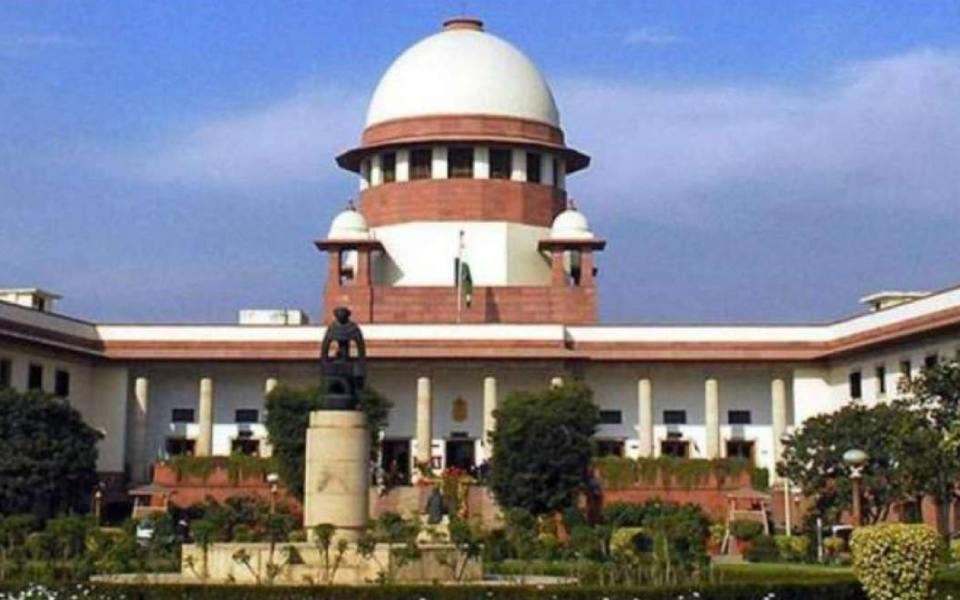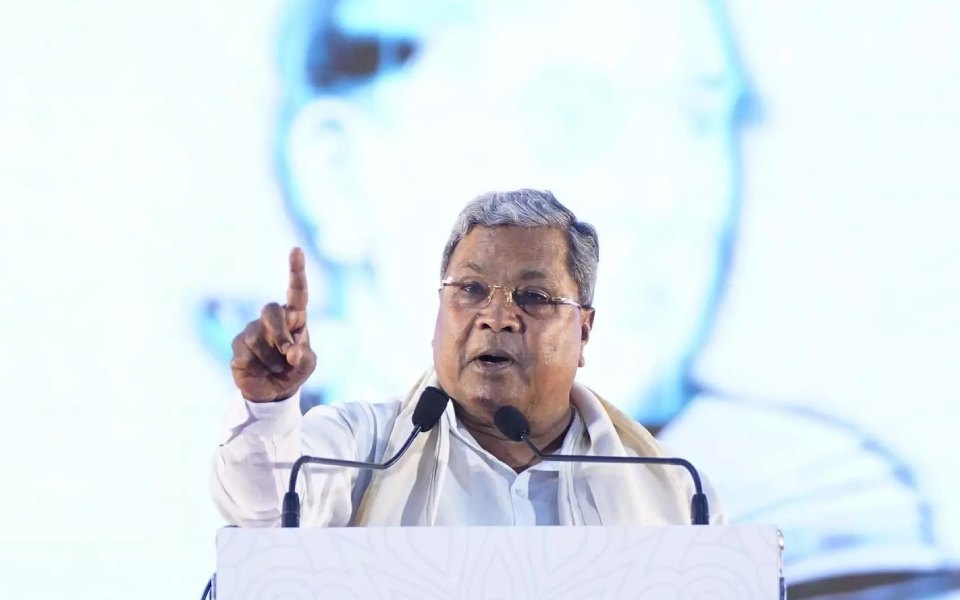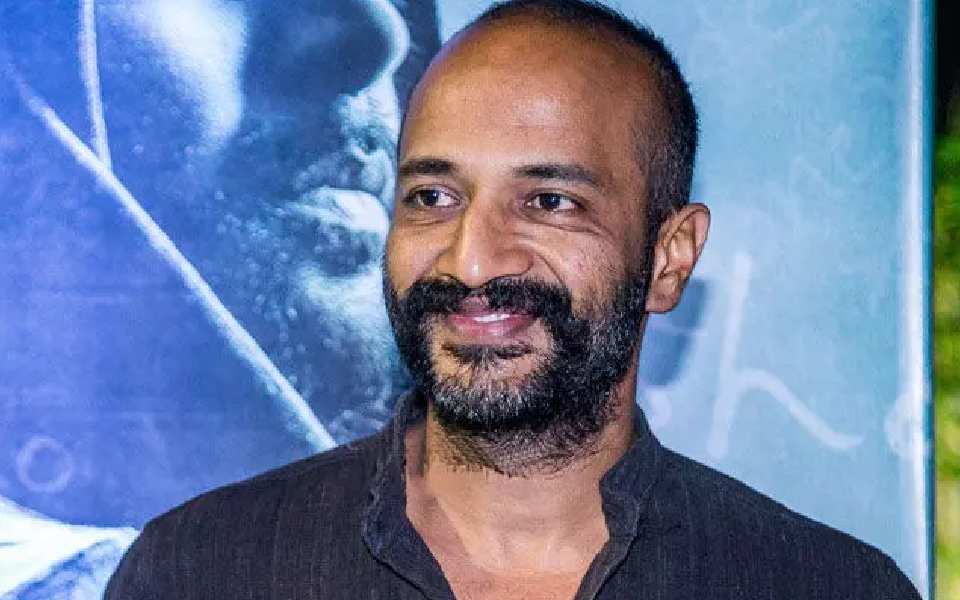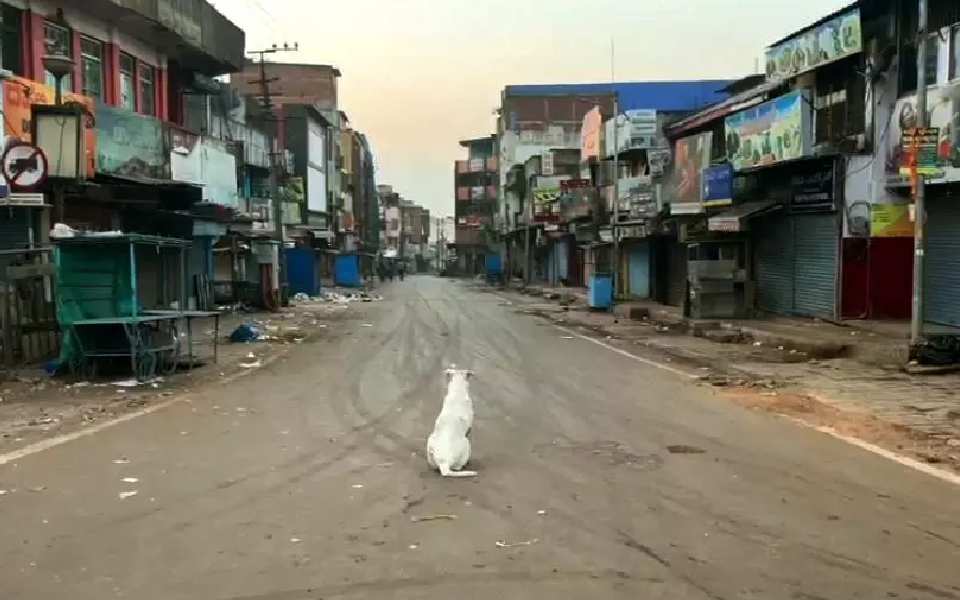Kolkata, May 13: Preceded by weeks of violence, intense court battles and alleged use of muscle power to prevent opponents from filing nominations, the West Bengal panchayat polls are all set to be held on Monday, which will give a clearer picture of the battle lines ahead of the 2019 general elections.
While the ruling Trinamool Congress has been doing consistently well in polls at all levels for the last few years, the main suspense has in recent past centred around which political force -- the BJP or the Left Front -- would be its main challenger.
While the LF-Congress alliance finished second in the 2016 Assembly elections, since then, the Bharatiya Janata Party has been ending runners-up in almost all elections in the state.
Pre-poll surveys have predicted that the coming rural elections could provide an emphatic answer to the questions, with the BJP predicted to leave the LF and the Congress far behind and emerge as the main rival to the Trinamool - which, the surveys claims, would walk away with the bulk of the seats at all three levels -- panchayat, panchayat samiti and the zila parishad.
The run-up to the polls has been both murky and high on drama.
As the nomination process started last month, all the opposition parties accused the Trinamool of indulging in strongarm tactics to prevent them from filing nominations.
Television pictures broadcast across the channels showed groups of armed mobs gathering before the offices of the Block Development Officers and the Sub-Divisional Officers in a number of districts and stopping prospective candidates from entering the poll fray.
The matter reached the Calcutta High Court, and the State Election Commission extended the deadline for submitting nominations by a day, only to reverse the order in less than 12 hours, allegedly under pressure from the Trinamool.
The judiciary then put a stay on the elections, then scheduled to be held on May 1, 3 and 5.
More bitter legal battles followed, at the end of which the SEC declared May 14 as the new polling date.
Statistics reveal that of the total 58,692 seats in the three tiers of rural local bodies, 20,076 seats or 34.2 per cent have already been decided uncontested, with the Trinamool bagging a whopping proportion of these seats.
These seats include 16,814 of the total 48,650 panchayats, 3,059 of the total 9,217 panchayat samitis and 203 of the total 825 zila parishads.
The Supreme Court has now asked the SEC not to issue winning certificates in case of the uncontested seats.
The opposition parties have, however, expressed grave doubts of free and fair elections, saying they have little faith in the SEC, or the state administration, which is in charge of security.
The SEC has, on the other hand, said all arrangements had been made for providing security for the polls. Around 71,500 armed personnel would be on duty, manning every booth.
"The state has promised deployment of Rapid Action Force, and undertaking area domination and naka checking in their final draft. The SEC is satisfied with the arrangement," said an election official.
Armed forces have also arrived from Assam, Odisha, Sikkim and Andhra Pradesh to strengthen security arrangements.
However, there have been reports of a number of killings since the polling process began. The latest incident happened on Friday in Bhangar in South 24 Parganas district, where a supporter of an independent candidate was shot dead. A former Trinamool legislator Arabul Islam has been arrested in connection with the incident.
Let the Truth be known. If you read VB and like VB, please be a VB Supporter and Help us deliver the Truth to one and all.
New Delhi, Jan 9: The Supreme Court on Thursday dismissed a batch of pleas seeking to review its October 2023 verdict declining legal sanction to same-sex marriage.
A five-judge bench of Justices B R Gavai, Surya Kant, B V Nagarathna, P S Narasimha and Dipankar Datta took up about 13 petitions related to the matter in chambers and dismissed them.
"We do not find any error apparent on the face of the record. We further find that the view expressed in both the judgements is in accordance with law and as such, no interference is warranted. Accordingly, the review petitions are dismissed," the bench said.
It said the judges have carefully gone through the judgements delivered by Justice (since retired) S Ravindra Bhat speaking for himself and for Justice (since retired) Hima Kohli as well as the concurring opinion expressed by Justice Pamidighantam Sri Narasimha, constituting the majority view.
The bench also rejected a prayer made in the review petitions for hearing in an open court.
According to practice, the review pleas are considered in chambers by the judges.
The new bench was constituted after Justice Sanjiv Khanna, the present CJI, recused from hearing the review petitions on July 10, 2024.
Notably, Justice P S Narasimha is the only member of the original Constitution bench comprising five judges which delivered the verdict, as former CJI D Y Chandrachud and Justices S K Kaul, Ravindra Bhat and Hima Kohli have retired.
A five-judge Constitution bench led by then CJI Chandrachud on October 17, 2024, refused to accord legal backing to same-sex marriages and held there was "no unqualified right" to marriage with the exception of those recognised by law.
The apex court, however, made a strong pitch for the rights of LGBTQIA++ persons so that they didn't face discrimination in accessing goods and services available to others, safe houses known as "garima greh" in all districts for shelter to members of the community facing harassment and violence, and dedicated hotlines in case of trouble.
In its judgement, the bench held transpersons in heterosexual relationships had the freedom and entitlement to marry under the existing statutory provisions.
It said an entitlement to legal recognition of the right to union, akin to marriage or civil union, or conferring legal status to the relationship could be only done through an "enacted law".
The five-judge Constitution bench delivered four separate verdicts on a batch of 21 petitions seeking legal sanction for same-sex marriages.
All five judges were unanimous in refusing the legal recognition to same-sex marriage under the Special Marriage Act and observed it was within Parliament's ambit to change the law for validating such a union.
While former CJI Chandrachud wrote a separate 247-page verdict, Justice Kaul penned a 17-page judgement where he broadly agreed with the former's views.
Justice Bhat, who authored an 89-page judgement for himself and Justice Kohli, disagreed with certain conclusions arrived at by the former CJI, including on applicability of adoption rules for such couples.
Justice Narasimha in his 13-page verdict was in complete agreement with the reasoning and conclusion of Justice Bhat.
The judges were unanimous in holding that queerness was a natural phenomenon and not an "urban or elite" notion.
In his judgement, the former CJI recorded Solicitor General Tushar Mehta's assurance of forming a committee chaired by the cabinet secretary to define and elucidate the scope of entitlements of such couples in a union.
The LGBTQIA++ rights activists, who won a major legal battle in 2018 in the Supreme Court, which decriminalised consensual gay sex, moved the apex court seeking validation of same-sex marriages and consequential reliefs such as rights to adoption, enrolment as parents in schools, opening of bank accounts and availing succession and insurance benefits.
Some of the petitioners sought the apex court to use its plenary power besides the "prestige and moral authority" to push the society to acknowledge such a union and ensure LGBTQIA++ persons led a "dignified" life like heterosexuals.

